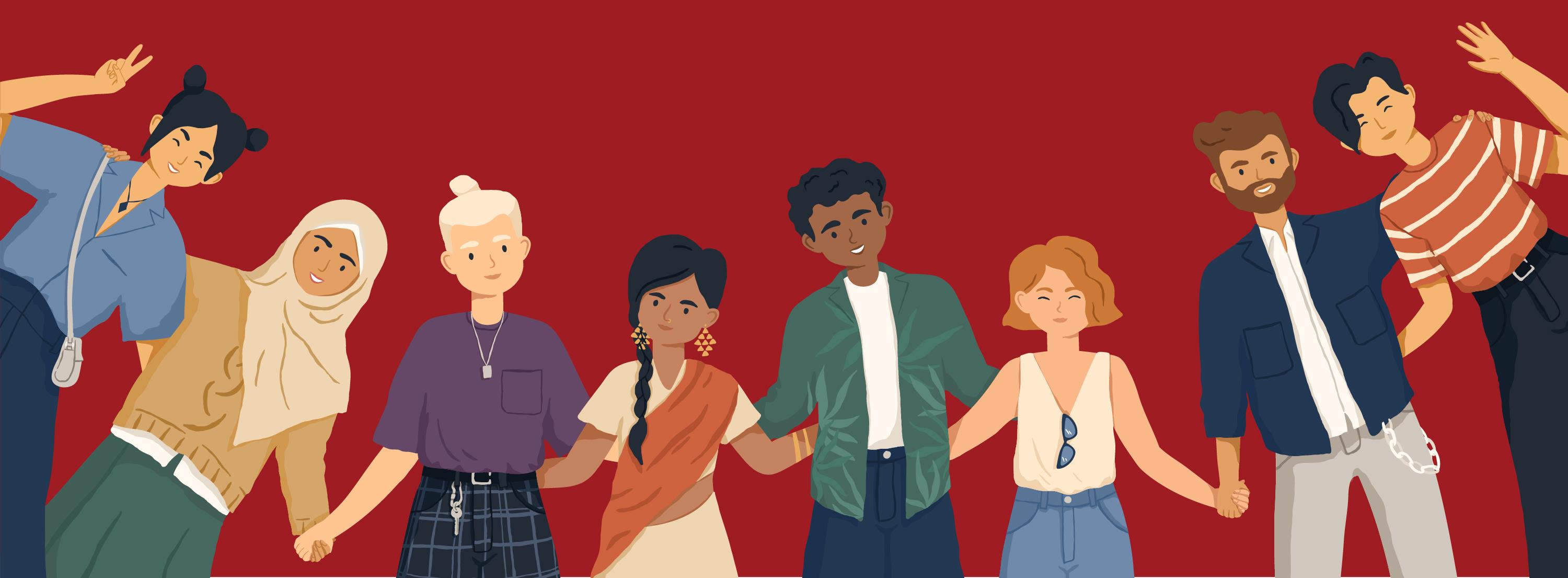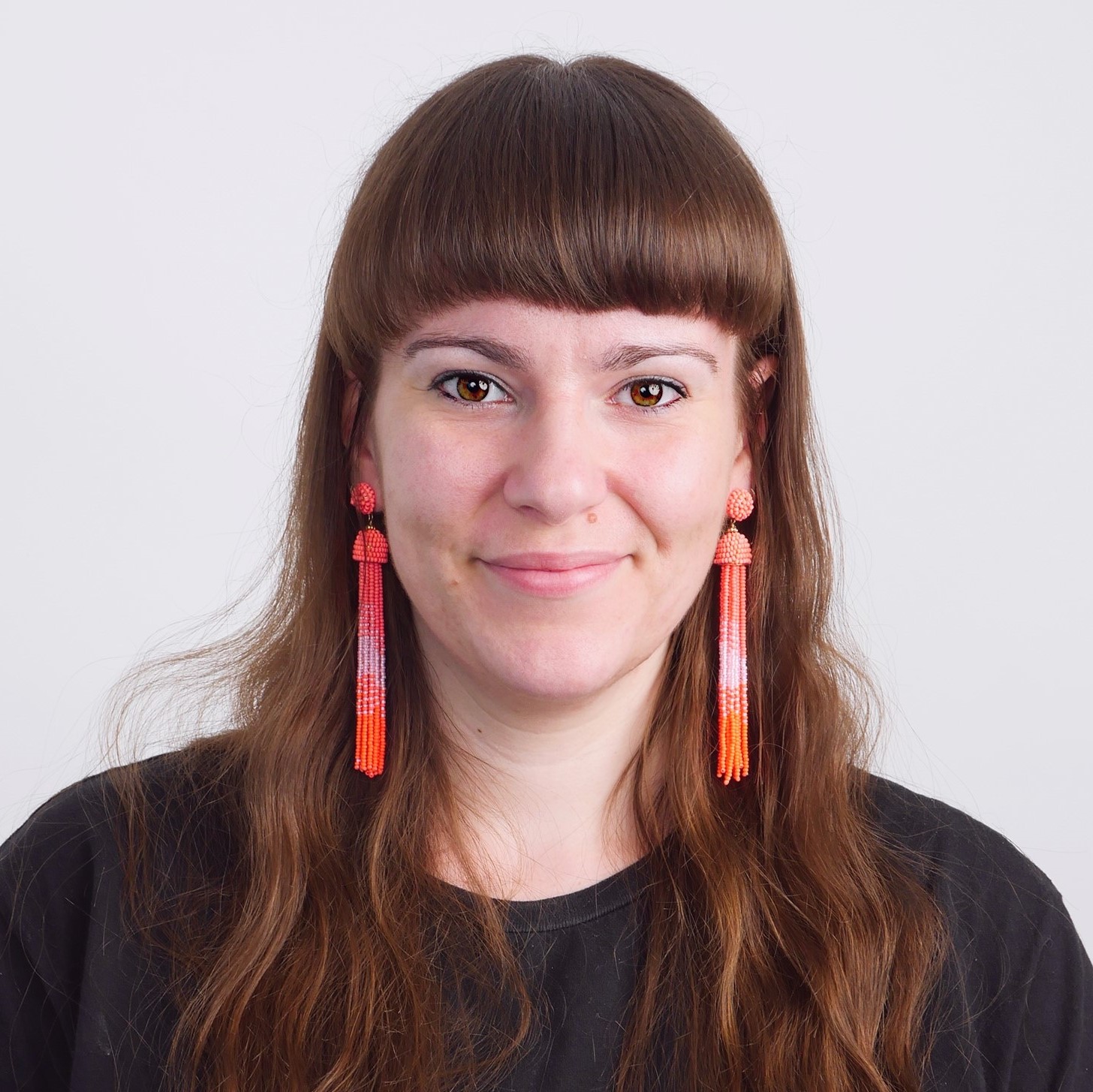Diversity and inclusion in the workplace is a huge topic for employers and employees alike, and rightly so. But often we only hear about D&I policies when they’ve gone wrong or, worse, when they’re missing altogether. Yet there are plenty of inclusive companies out there who have positive stories to share and, taken as a whole, the story in the UK is one of businesses trying their best to right bad habits.
The balance across all business is still not where it needs to be, but improvements are being made across the board. This year we witnessed a milestone for women in the workplace as we now have a record number of women in full-time work, and the gender pay gap has fallen steadily since reporting was made mandatory in 2017.
Things are changing
Women are becoming more visible at the top too – Entain, the gambling company behind Ladbrokes and Coral, recently appointed Jette Nygaard-Andersen as CEO, raising the number of women leading FTSE100 companies. Goldman Sachs, famously something of a ‘boy’s club’, is promoting more women and people from diverse backgrounds. And even the BBC, which has come under fire for a lack of diversity in the past year, is rolling out it’s 50:50 Project to ensure a gender balance and a mix which includes at least 20% BAME and 12% disabled contributors.
Others are championing diversity internally, while backing wider campaigns to ensure inclusion stretches beyond the workplace. Unilever, one of the UK’s biggest employers, is a great example. By supporting Halo Code’s anti-discrimination campaign focused on black people’s hair, they’re also pledging to protect workers with afros and dreadlocks within their own organisation.
This certainly indicates that intentions are right when it comes to D&I, and many companies are taking positive action to change not just the diversity of their staff, but the culture which supports inclusivity. Jennie O’Reilly, who first began working in diversity training in 2008, shared with Prospect magazine that this is indicative of a much wider trend, and we agree.
Where training on diversity and inclusion used to revolve around legal compliance, now companies
are increasingly concerned about culture and belonging.
The very existence of Inclusive Companies, a cross-industry network which focuses on best practice in the UK, supports this. Their annual workplace diversity awards reveal some of the best companies for diversity and inclusion, and all are working hard to make a real difference. Nielsen, which placed in the top 20 this year, are implementing change from the top. Their CEO now holds a dual title, also becoming the business’ Chief Diversity Officer.
There is further to go with diversity and inclusion
But even all that good stuff doesn’t mean that we’re tackling this topic well. For starters, if we look at the statistics from a recent report published by Business in the Community in 2015 and compare it with a recent publication from NCVO. In the past five years there appears to be only slight improvement in the percentage of BAME employees, particularly when we look at the top positions in most companies. Plus, only 69% of executives believe that diversity and inclusion are the most important issues.
Those are just a few reasons why businesses are failing to properly implement diversity and inclusion practices. It’s no good introducing training to your employees and pushing rewards and recognition schemes if you’re not also embedding that culture and removing that internalised, unconscious bias from the very start of the employment process.
Think about what you’re asking for from applicants during the hiring stage. Think about whether you demand too much; does this exclude those from less fortunate backgrounds? Is your office a safe, inclusive space? All of this must feed into your company culture to make it the ground-breaking, diverse and inclusive place that allows every employee, client and customer to have a positive experience with you.
While we may not have achieved the right balance just yet, we are slowly getting there; this shift will take time. What has altered in the UK is attitude and now, more than ever, businesses are stepping up to take their place as the changemakers in the world of diversity and inclusion.
We performed a survey to garner some insights into what you think about D&I in your organisation. Check out the results in our D&I in the Workplace Report.
Need some help implementing change or want to find out how to change diversity in your workplace for the better? Take a look at some of our blogs on how to make your communications more inclusive or email us at anythingspossible@drpgroup.com.
/DRPG%2045th%20Anniversary/DRPG%2045th%20White%20-%20No%20Text.png)


 Back
Back

/Blog%20Images/AEO%20SEO%20-%20Digital%20Blog.jpg)



